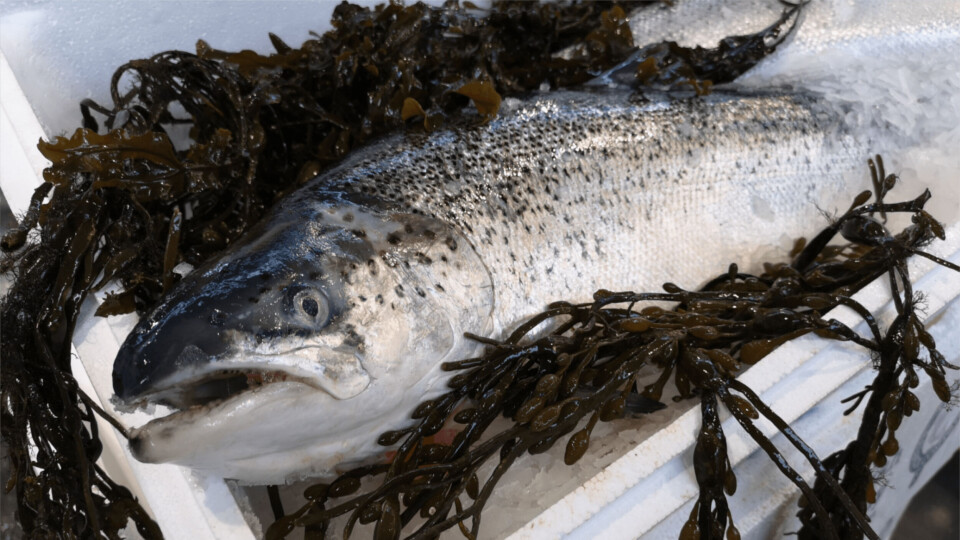
Off the scale: HMRC’s Scottish salmon export figure ‘just 3% of real total’
Irregularities in post-Brexit export figures from Her Majesty’s Revenue and Customs (HMRC) need to be urgently addressed in order for the full impact of Brexit on Scotland’s salmon exports to be known, MPs have been told.
Figures released by HMRC for January, stated that just 80 tonnes of Scottish salmon had been exported to Europe. Official EU Eurostat import figures put the figure at 4,500 tonnes while Scottish salmon producers say they exported close to 5,000 tonnes of fish in January 2021.
Giving evidence to the Scottish Affairs Committee today, Hamish Macdonell, strategic engagement director for the Scottish Salmon Producers’ Organisation (SSPO), told MPs there was a real issue over the validity of the export statistics that had been put out by the UK Government.
Brexit impact
Speaking outside the committee, he said: “Scotland’s salmon producers sent about 5,000 tonnes of salmon to Europe in January. The Eurostat system which records how much Scottish salmon went into the EU records about 4,500 tonnes arriving there.
“Yet according to the official HMRC figures published on behalf of the UK Government, we only exported 80 tonnes, which is only about 3% of the amount that actually went there.
“There has been a big problem, at the very least in January in terms of the collation of the figures. Something happened to do with the way the figures were collected, and we don’t know who is to blame or where the problem has come from. But unless we can get a really proper baseline of how much fish is actually going into Europe it is impossible to tell what the impact of Brexit is.”

Looking for reassurance
Responding to the issue highlighted by the SSPO, Scotland Office minister David Duguid told the committee: “There is an investigation ongoing and the HMRC are looking into where that discrepancy has come from.”
The SSPO flagged the discrepancy with HMRC as soon as the figures were released in March but a solution to the inaccuracy with such a key export commodity has yet to be found. Farmed Scottish salmon remains the UK’s number one food export.
February’s export figures were more in line with expectations, but the sector is looking for reassurance that the system and workflows for recording and reporting exports is now functioning properly, said the SSPO in a press release.
Significant delays
Scottish salmon producers have had to cope with significant delays since the Brexit transition period ended on January 1 and the full effects of Brexit came into effect.
Despite improvements since January when it was taking many hours – and sometime days – to process orders of seafood for the continent, orders are still being held up because of the bureaucracy of the extra paperwork and lack of digitisation, the SSPO said.
Two hours extra
It now takes around an additional two hours for each seafood load to be processed and given an export health certificate for transport to the EU and, in some cases, this process is taking four hours or longer.
These delays mean Scottish salmon risks not arriving in France on time, potentially leading to lost orders, discounted sales and disgruntled customers. According to figures collated by the SSPO, Scotland’s salmon producers are spending £200,000 a month on extra paperwork because of Brexit.
This £2.5 million annual bill will come on top of the delays, cancellations and problems which have already cost the sector millions of pounds in lost orders, lower prices and cancelled harvests.
A Scottish seafood export task force chaired by Duguid was convened in early February to get to the bottom of the delays. The minister promised rapid results, but problems remain.























































